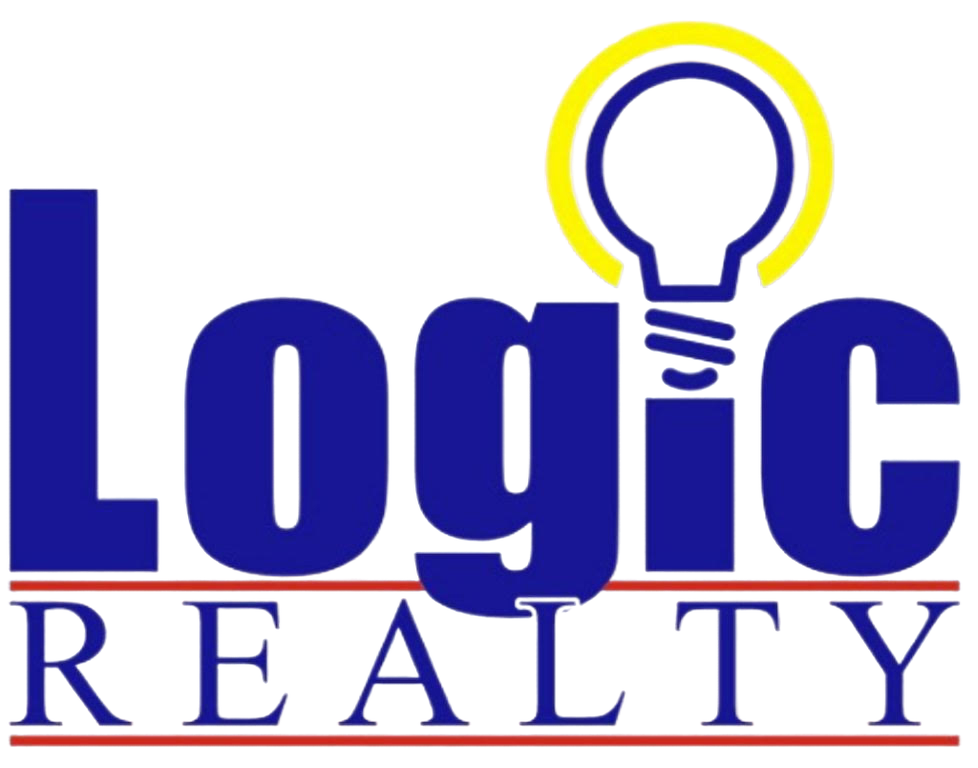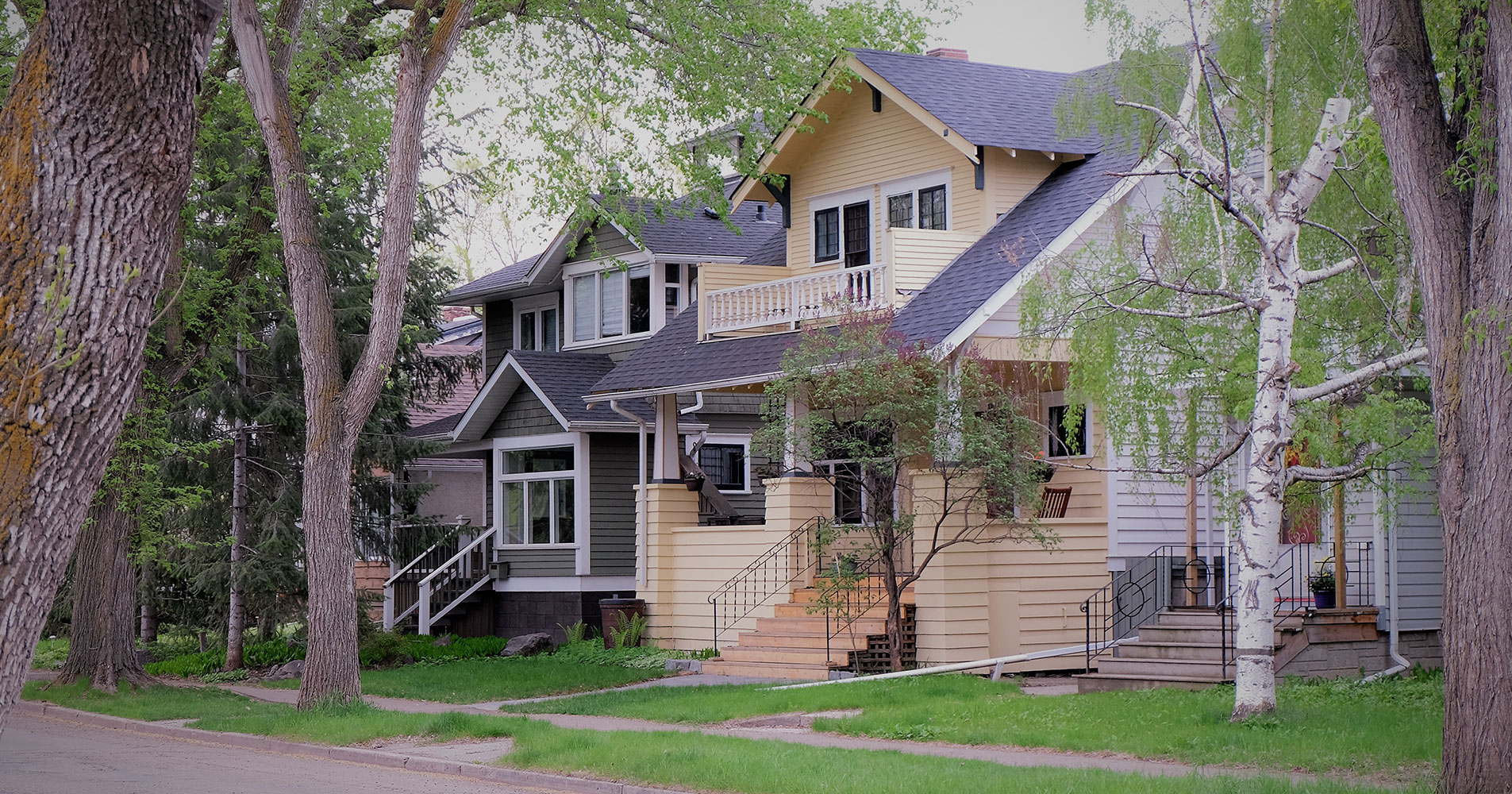I find comparable listing data, and market trends, regardless of accuracy, are rarely enough for a seller to accept as a fair home valuation. The perceived value people have of their own property, or the ’emotional tax’ added to the true value of their home, can often draw out the sale process, seriously affecting your potential sale price.
People have an emotional attachment towards their home, sometimes from a place of love, sometimes not so much! I’ve had sellers, whose ’emotional tax’ is simply a laundry list of past fixes they want vindicated. Other times, it’s much sweeter; owners perceive their personal enjoyment from a location, amenity or aesthetic appeal as a highly valuable asset. This idealistic approach can lead to confusion amongst potential buyers who have analysed the property from a comparable sales perspective.
Does your Homes Listing Price Effect the Eventual Sale Price?
It’s dangerous to hold onto your ideals for too long, real estate is a cruel game. If your house sits on the market for an extended period of time, home buyers will treat your property as a problem house. Buyers will walk into your home looking for any reason to say no. This skepticism normally hurts sellers’ final sale price.
What Can Realtors Do to Stop Their Clients From Listing Their House Too High?
To side step this ’emotional tax’ I have a few techniques. My first strategy is to tour the neighborhood with my clients. Go out with your realtor before they list your home and look at your neighborhood’s competition. People are not usually irrational, I find, sellers just lack the knowledge, we as realtors, take for granted. Sometimes you need to see to believe.
My second strategy is to list the home at my sellers preferred price. I promise to work the listing hard for 2 weeks, and if there are no bites, I tell my clients we will need to re-list the property at my recommended price. My second strategy is very calming for sellers, as you can always lower your price, but you can’t raise it.
To Conclude
At the end of the day, the market trends and comparable sales will likely tell most of the story when it comes to your home’s sale price. However, there are qualitative aspects of a property that are not just ’emotional tax’. A home’s cohesiveness, and a good layout will never go out of style. Good realtors know that homes with consistent flooring, paint, and finishings throughout always sell faster, for a higher price. A good layout will also prove favorable especially if it matches the area’s demographic, (lots of bedrooms in a family neighborhood etc.). Just like your perception of your home may be misleading, the comparable sales do not tell the full story either!


